Vaccines for Children Program
In the U.S., a primary mechanism for achieving access to childhood immunizations is the VFC program. VFC relies upon the existing system of healthcare providers, including private pediatricians and family practitioners, in addition to specialized providers such as Community Health Centers (CHCs). Therefore, recruiting and retaining as many of these healthcare providers as possible is essential to VFC’s success, to maintaining a high childhood immunization rate, and by extension to overall primary care access. In addition, the existence of a robust system to administer vaccines to children is essential to the use of vaccines in response to a health crisis, such as the COVID-19 pandemic.
Immunizations Drive Primary Care
Appointments for routine childhood immunizations are the major driver of primary care utilization for young children, and access to primary care is a major social determinant of health and is particularly important during early childhood. Therefore, the availability or distribution of childhood immunizations magnify impacts on health broadly, beyond the already crucial importance of vaccines themselves.
System Level Interventions
TAPI’s primary approach to vaccine acces is to support immunizing offices and clinics, so that children have access to primary care and life saving vaccines close to home. In recent years, policy changes in the VFC program have made it harder for community and rural offices to carry vaccines. As a result, TAPI works through partnerships to monitor regional coverage rates and mobilize safety-net partners to bring clinics to underserved communities.
Childhood Vaccine Catch-Up Efforts
Community-Based Clinics in Medically Underserved Areas
Working with private foundations, schools, health plans, and state and local agencies to hold catch-up clinics in communities where the county health departments are the primary immunizers filling a gap in childhood immunization access.
- Programs held in low-income, medically underserved community in Maricopa County
- Clinics underway in Mohave, La Paz, and Coconino Counties, where access to immunizations has provider and geographical barriers
- Continued monitoring for areas experiencing vaccine deserts to coordinate school & provider outreach clinics
- Facilitating public/private agency response
